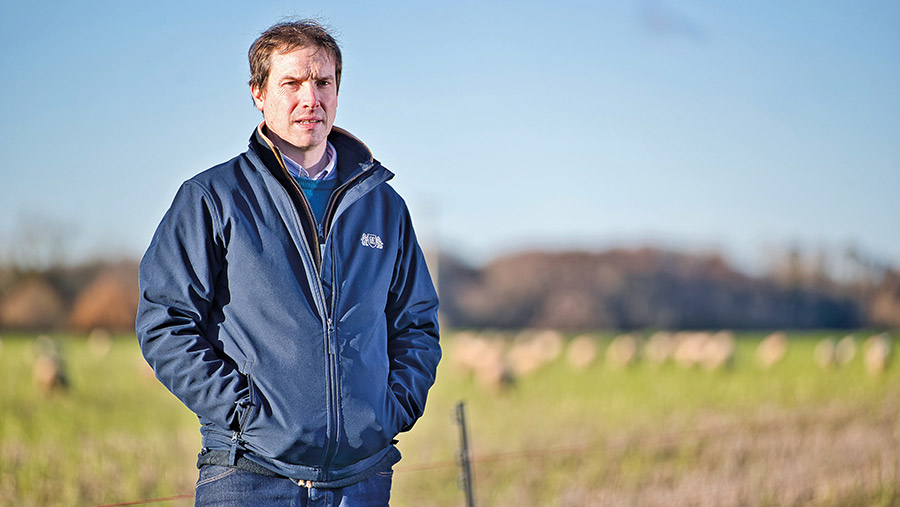Farmer Focus: Will new SFI push farmers to be regenerative?
 © Richard Stanton
© Richard Stanton Nothing new in our industry is ever met with unanimous support, but there are reasons to be positive about the Sustainable Farming Incentive (SFI).
Six more standards have been introduced this year, including payments for actions on hedgerows, grassland, arable and horticultural land, pest management and nutrient management.
This builds on from the three standards to improve soil health and moorlands introduced last year.
See also: Video: Sugar beet growers set for April rush to get crop drilled
The government is encouraging us to look after our soil by funding us to do work we should be doing anyway. It looks like this will push non-regenerative farmers down the regenerative route.
This will make us come out of our commercial farming comfort zone so we can look at our sustainable farming processes.
It allows us to continue farming in a commercial way while focusing on the environment.
It helps us map out and plan our farming activity, with the flexibility of receiving quarterly payments.
Under the previous systems, it could take too long to be paid retrospectively so this new opportunity should be welcomed.
The SFI aligns with our focus on sustainable practices as we move away from the high-input conventional farming of the past as its negative impact on soil health is becoming widely understood.
We are already improving grassland, through crop rotation, as well as protecting and enhancing our hedgerows.
The first flock of sheep to be owned by Bradford Estates in living memory has started to graze on our land.
This has been set up with an initial investment of 300 New Zealand Romneys as part of our journey into sustainable farming.
We even have a nature restoration project under way, which is bringing wetland back to fields as part of a scheme delivered with Shropshire Wildlife Trust.
There is still work to be done to see how things turn out in practice.
I hope the SFI helps promote sustainable practices that are good for the environment, the economy, and farmers.


